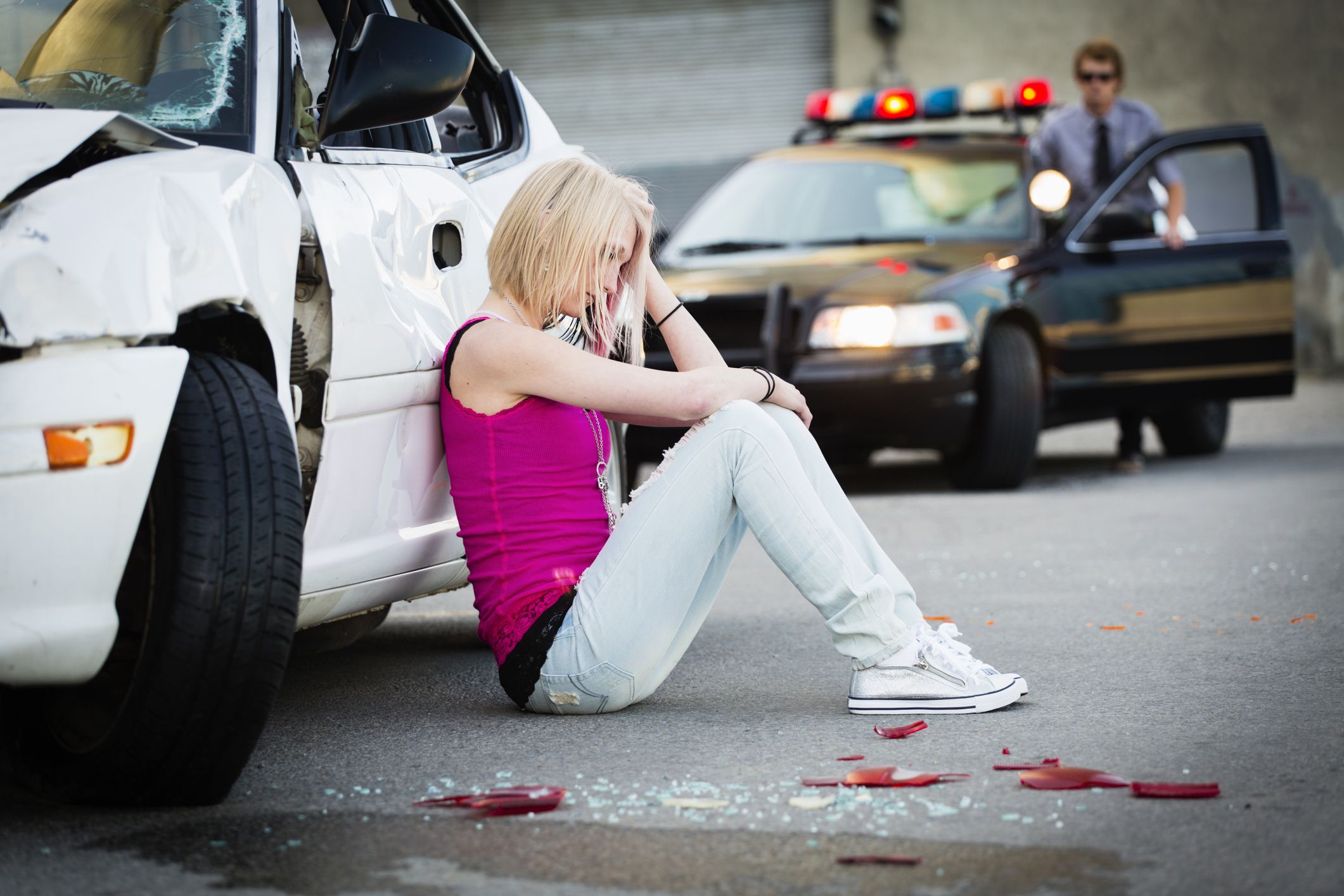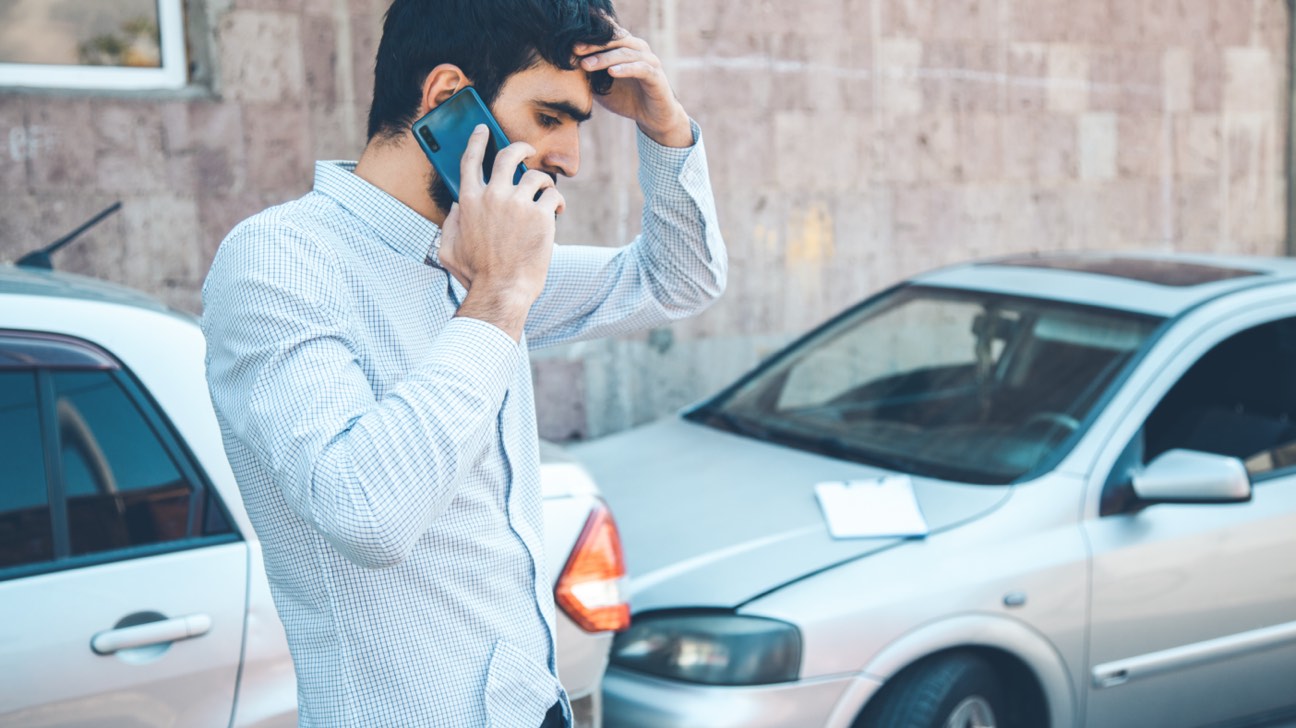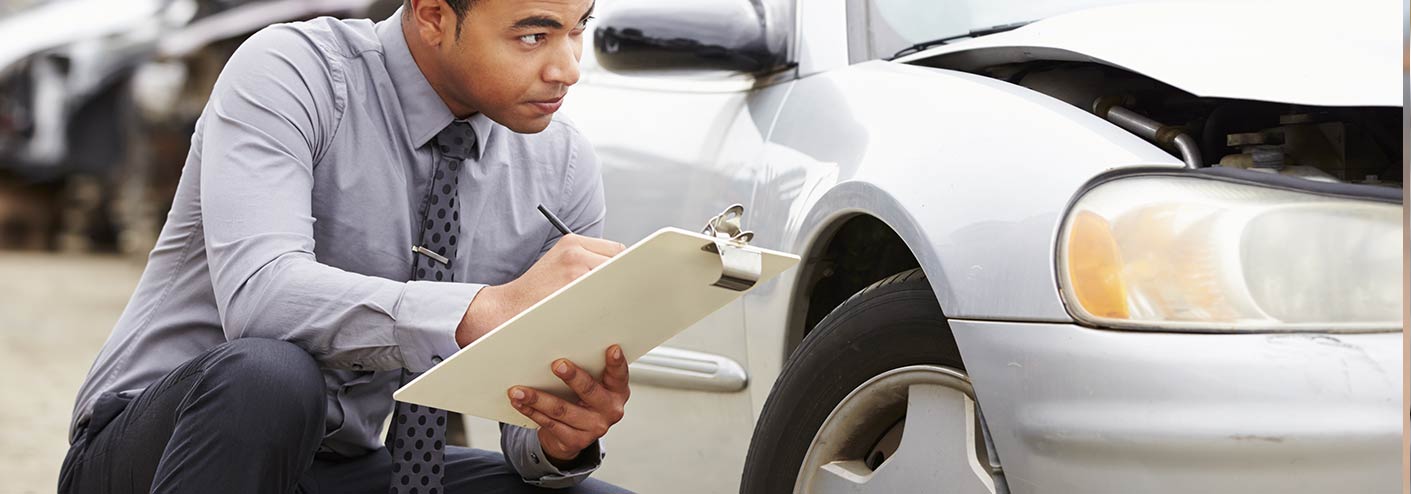In any circumstance, dealing with an automobile accident is difficult. Knowing that you weren’t to blame for the crash makes it worse. You could be unsure about what to do after a car accident not your fault or how to manage the additional, unforeseen expenses.
In a state where responsibility exists, such as Georgia, you shouldn’t be required to pay for your damages if you weren’t at fault for the collision. The our following information “what to do after a car accident not your fault” can help you improve your chances of receiving full compensation.
What to do after a car accident not your fault?
You have been involved in a car accident that wasn’t your fault, there are a few things you should do. First and foremost, make sure you are safe. Get out of the vehicle as quickly as possible and avoid any contact with other drivers or objects. If you are injured, call 911 and stay on the scene until the paramedics arrive. If you are not injured, it is important to document the accident. Take down the name of the driver who caused the accident, the make and model of the vehicle, and the license plate number. Also, take pictures or video of the scene of the accident. If you have insurance, contact your insurance company right away. If you do not have insurance, you may be eligible for compensation. In most cases, the driver who caused the accident is responsible for any damage to your vehicle. If you are not satisfied with the response you receive from your insurance company, you can file a claim with the insurance company’s claims department. If you have been involved in a car accident that wasn’t your fault, make sure you take the following steps:
Check for injuries immediately following the collision, and remain safe
It can be stressful after a car accident, so try to relax. After that, make sure everyone is okay, including you. Get quick medical help if your injuries are serious or life-threatening. The same holds true for all other motorists and travelers.
Additionally, ensure that everyone has moved out of the way to limit further damage. If you can, move the vehicles out of the way of oncoming traffic if they are in the middle of the road. Otherwise, don’t tamper with the vehicles’ placement. It’s crucial to keep the accident scene clean.
As quickly as you can, contact the police
State regulations on reporting accidents differ slightly, although leaving the site of an accident is illegal worldwide. If any of the following occur in Georgia, you must call the police department right away:
- An automobile collision in a city where a crash report is required
- A harm or demise
- More than $500 worth of property damage
In the event that your insurance provider requests it, you will also need to report the collision. There are very few situations when you wouldn’t need to report an accident, then. Tell the police what happened by dialing 911. If the other driver leaves the site of the accident, they have engaged in hit-and-run behavior, and you must still file an accident report.
Collect information until the police arrive
You and the other driver will provide the police with information if they arrive at the scene (s). It’s a good idea to carry this out on your own as well, though.
Assemble the following data:
- All drivers’ names, contact information, and addresses
- Name of insurance provider and each driver’s policy number
- Images of the crash site, casualties, and car damage
- Information on how to reach any witnesses
Inform Your Insurance Provider
The insurance provider for the other motorist who hit you in the car should be responsible for your losses if you were at all at fault. You ought to be made whole for any accident-related expenses. However, things are rarely that simple.
The bottom line of for-profit insurance firms is their primary concern. The insurer of the at-fault driver can object to your claim. They might:
- Offer you a considerably reduced settlement sum
- Try to attribute the accident on you entirely or partially
- Deny your claim in full.
Inform your insurance provider about the incident for your protection. It will, at the absolute least, demonstrate good faith to them and let them know if the other driver’s insurance company disputes any liability for your collision. A car accident attorney can assist you in doing this if you are concerned about saying or doing the incorrect thing.
Receive medical attention
A visit to the doctor will also demonstrate to the insurance provider that your wounds are severe enough to require care. If you have concrete documentation of your damages, they are more likely to compensate you.
Speak with a car accident attorney
In the ideal situation, the insurance provider for the other motorist will pay for all of your damages. Unfortunately, the likelihood of getting a lowball counteroffer and having to battle for your right to full pay is much higher. A automobile accident attorney might be quite helpful in this situation.
A skilled attorney will bargain with the insurance provider to obtain a reasonable settlement sum. At this point, most auto accident lawsuits are concluded. The insurance provider might refuse additional coverage or a larger compensation in particular circumstances. You could decide to sue the business to get the compensation you’re due.
Your attorney can help you win your case in any circumstance. They’ll be able to advocate for you and negotiate a fair settlement with the insurance provider.
Watch out for the Insurance Company
After the accident, use caution in your words and actions. The insurance provider for the other driver will start an investigation as soon as the collision is reported. They might try to reach you or visit the scene of the accident.
It’s crucial that you avoid assigning responsibility and refrain from providing the insurance company with any written or recorded remarks. Anything you say could subsequently be used against you. It’s best to have a vehicle accident attorney on your side already so you can address all correspondence to them.
Conclusion
Even though it is normal to feel terrified and unsure following an accident, it is crucial to know what to do after a car accident not your fault when someone crashes your car, how to defend your rights, and what your legal obligations are in order to be able to seek compensation.
Please read: https://indianartwest.com/how-to-connect-wireless-speakers-to-tv.html



